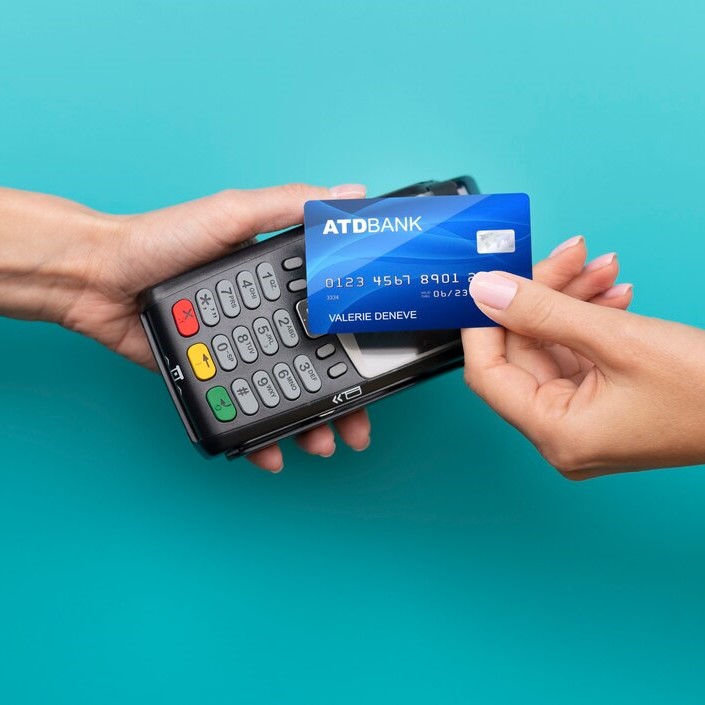IndusInd Bank Credit Card Settlement: How to Avoid Legal Issues and Stop Harassment
If you are struggling to pay off your IndusInd Bank credit card dues and are facing constant harassment from collection agents, you may be eligible for a settlement to reduce your outstanding amount. However, before agreeing to any settlement, it is crucial to understand your legal rights and avoid falling into unfair repayment traps.
This guide will help you navigate the IndusInd Bank credit card settlement process, protect yourself from harassment by collection agents, and avoid potential legal troubles.
What is Credit Card Settlement?
Credit card settlement is a process where IndusInd Bank allows you to pay a reduced amount instead of the total outstanding balance. This option is typically available for individuals facing genuine financial hardship such as:
- Job loss or pay cuts
- Medical emergencies or hospitalization costs
- Business losses or financial distress
- Debt accumulation due to high-interest rates
While settlement can help reduce financial stress, it also comes with legal and credit score risks, so it is important to approach it cautiously.
How to Apply for IndusInd Bank Credit Card Settlement
If you are unable to clear your IndusInd Bank credit card dues, follow these steps to negotiate a fair settlement:
-
Evaluate Your Financial Situation
Assess your financial condition and determine how much you can afford to pay as a lump sum. Banks usually offer settlements at 40-70% of the total outstanding amount. -
Contact IndusInd Bank’s Debt Settlement Team
Reach out to the bank’s collections department or visit your nearest branch to discuss your financial difficulties and request a settlement offer. -
Negotiate for a Lower Amount
Banks often propose an initial settlement amount that may not be favorable. You can negotiate a better deal by proving your financial constraints. -
Obtain a Written Agreement
Before making any payments, ensure that you get a written confirmation from IndusInd Bank, stating that the settlement amount is final and that the bank will not pursue further claims. -
Get a No-Dues Certificate (NDC)
Once you make the final payment, request a No-Dues Certificate (NDC) to confirm that your account is officially closed and that you will not face further collection efforts.
How to Stop Harassment from IndusInd Bank Recovery Agents
Many borrowers face excessive phone calls, home visits, or threats from bank recovery agents. If you are experiencing harassment, take the following steps to protect yourself:
-
Understand Your Rights
According to RBI guidelines, banks and collection agents cannot threaten, abuse, or harass borrowers to recover dues. -
Request Written Communication
If recovery agents are calling excessively, ask them to send all communication via official email or notice instead of repeated phone calls. -
File a Complaint with IndusInd Bank
If the harassment continues, lodge a complaint with the bank’s grievance redressal department and keep a record of your complaint for legal purposes. -
Report to the Banking Ombudsman
If IndusInd Bank does not address your complaint, escalate the issue to the Banking Ombudsman under the Reserve Bank of India (RBI). -
Seek Legal Help
If recovery agents threaten, intimidate, or misbehave, you can file a police complaint and take legal action against IndusInd Bank for unethical collection practices.
Legal Risks of Credit Card Settlement
While settlement reduces your financial burden, it also has long-term legal and credit consequences:
-
Your Credit Score Will Drop
IndusInd Bank will report the settlement to CIBIL and other credit bureaus, marking your account as “settled” instead of “closed”, which negatively impacts your credit score. -
Future Loan Approvals May Be Difficult
Banks and lenders may reject future loan applications due to past settlements, viewing you as a high-risk borrower. -
Possibility of Future Legal Action
If the settlement agreement is not properly documented, IndusInd Bank may resell the remaining debt to collection agencies, leading to legal notices or lawsuits in the future.
How to Avoid Legal Issues During Credit Card Settlement
To ensure a legally secure settlement process, follow these precautions:
-
Get Everything in Writing
Always request a formal settlement letter from IndusInd Bank before making any payments. -
Do Not Make Partial Payments Without Agreement
If you make a partial payment without a written settlement agreement, the bank can refuse to acknowledge the payment and demand the remaining balance. -
Keep Proof of Payment
Maintain records of payment receipts, bank statements, and settlement letters as proof that you have cleared your dues. -
Verify Your CIBIL Report After Settlement
Check your CIBIL report to ensure that IndusInd Bank has marked the account as “settled” and not “active”, preventing further collection attempts.
Alternatives to Credit Card Settlement
If you want to avoid legal and credit score damage, consider these alternatives:
-
Convert Your Dues into EMIs
Request an EMI repayment plan to make your payments manageable instead of settling for a lower amount. -
Negotiate for an Interest Waiver
Instead of opting for a full settlement, try negotiating for a partial interest waiver while repaying the principal amount in full. -
Balance Transfer to Another Bank
Transfer your IndusInd credit card dues to another bank offering lower interest rates, allowing you to repay in full over time.
Final Thoughts
If you are unable to repay your IndusInd Bank credit card debt and are facing harassment from collection agents, opting for a settlement may help. However, it is crucial to negotiate carefully, get all agreements in writing, and understand the legal consequences. If you are being harassed or threatened, you have the right to file complaints and take legal action against unfair recovery practices. Seeking professional assistance can help you secure the best possible settlement while protecting your financial and legal rights.



